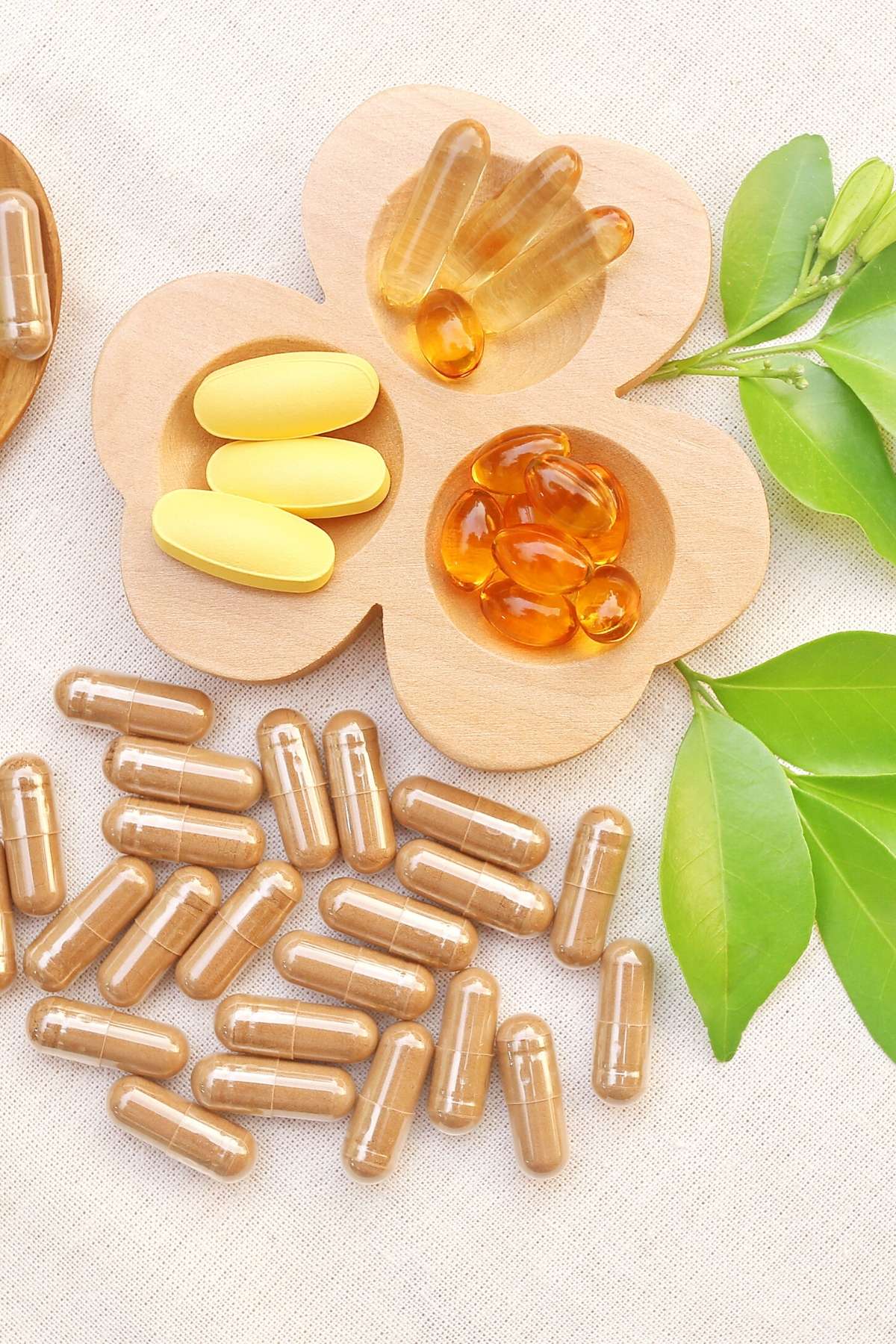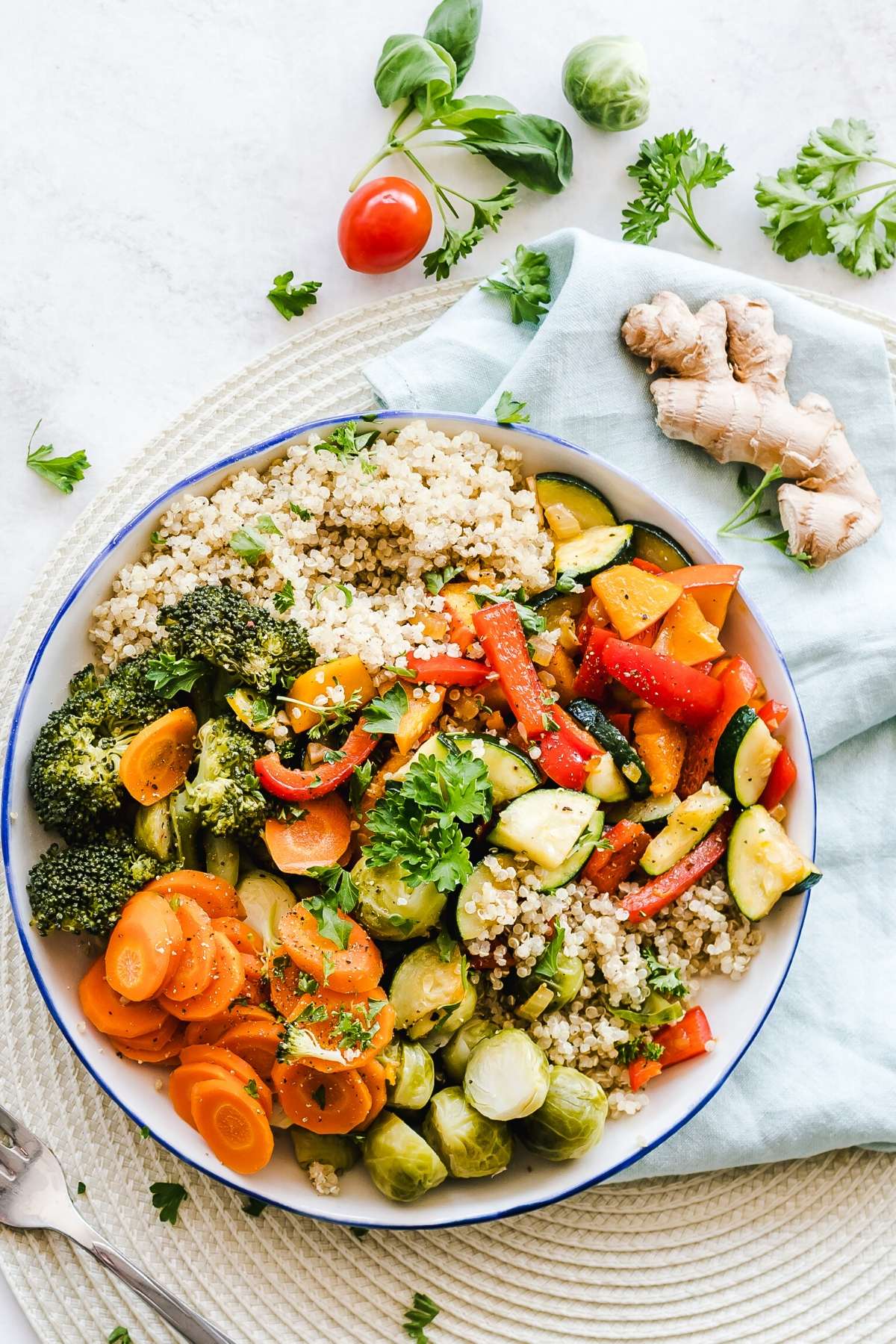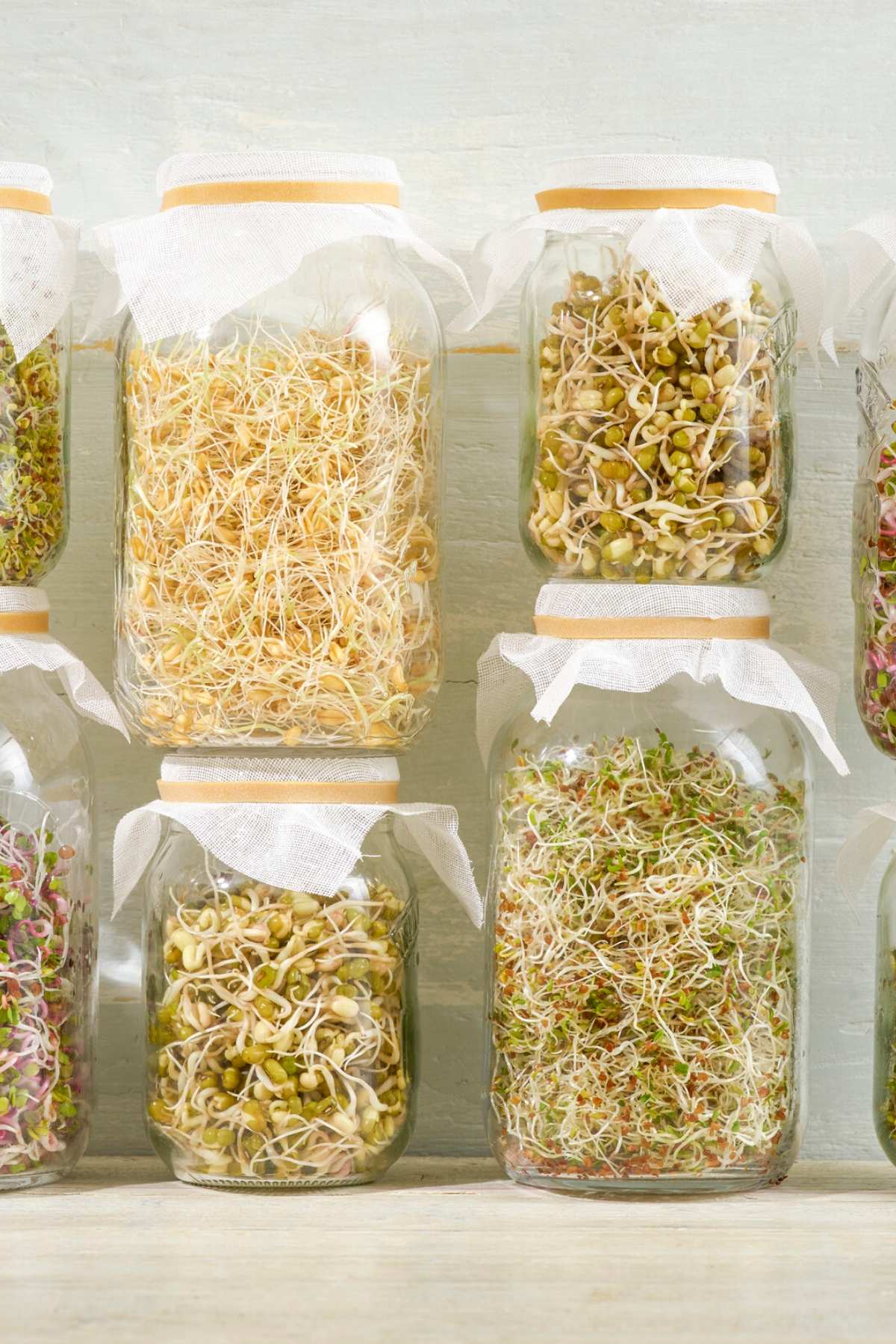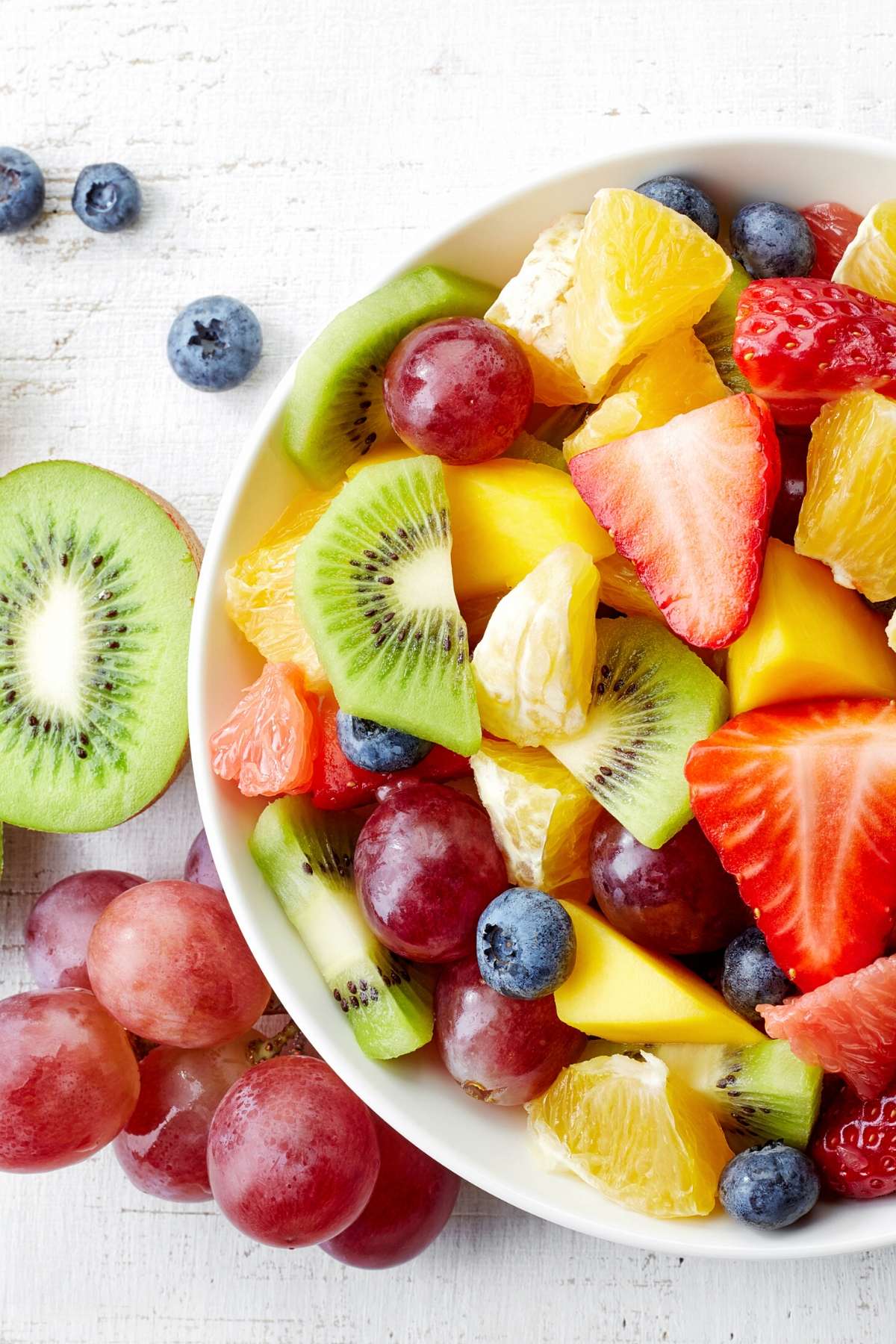Always Tired on Vegetarian Diet
This post may contain affiliate links which won't change your price but will share some commission.
If you're on a vegan or plant-based diet and are always feeling tired or run down, then you need to check out these 10 ways to fight fatigue on a vegan diet.

I'm sharing these tips along with my personal story of fatigue on a vegan diet.
10 Ways to Fight Fatigue
Whether you're new to a vegan or plant-based diet, or you've been doing it for awhile, you may start to experience fatigue, headaches, tiredness, or mood changes. Some of the common questions and concerns include:
- I went vegan or vegetarian and I'm feeling weak or tired.
- I went vegan and I'm feeling depressed.
- My adrenal fatigue got worse on a vegan or plant-based diet.
- I'm eating a vegan diet and getting dizzy spells.
If any of these issues related to you, then read on! You'll probably find at least one tip or more that can help resolve your fatigue on a vegan or plant-based diet.
Plus, be sure to read the section at the end of this post to help determine if dietary changes may be necessary to help resolve your tiredness.
1. Get good quality sleep
Believe it or not, but the most common reason for fatigue is poor sleep, or not getting enough sleep. I went through a period of several months where I would go to bed at a normal time, but wake up only 4-5 hours lately completely awake. So, rather than toss and turn for hours, I would get up but then be exhausted later in the day.
Whether you have insomnia like I had, or you have sleep apnea, hormone imbalances, or something else that is causing sleep disruptions, it is important to address this issue.
You can read my article with tips for better sleep, or you can consult your healthcare provider to help rule out any conditions that might be affecting your sleep. Once you get your sleep under control, you will likely feel less fatigue.

2. See professionals and get appropriate tests to identify medical problems
Don't wait too long to try and figure out if your fatigue is related to health condition. Fatigue can often be related to an autoimmune disease such as Hashimoto's Thyroiditis.
Women's concerns about fatigue can often be dismissed by doctors, so it's important to be your own advocate and ask that your thyroid levels be tested.
If your thyroid is healthy and you can rule out thyroid disease as the cause of your fatigue, then it's also worth having your ferritin levels tested. Learn more about ferritin testing and how you can order your own lab tests.

3. Take appropriate supplements for fatigue
Your doctor or healthcare provider can likely suggest some supplements to help with your tiredness. Whether you are in need of more protein, more iron, or something else, it's important to get some expert input about your individual situation.
And, be sure to check out this article with natural ways to increase energy which includes a whole list of supplements that can help.

4. Use a plant-based protein powder supplement and eat more protein rich plant foods
While many vegan diet advocates say that you can get all the protein you need from whole food plant sources, there are some women who need more protein. This was the case for me when I was on a vegan diet. While I ultimately stopped being vegan, I usually felt less tired when I added a plant-based protein powder to my morning smoothie.
There are some great plant-based protein powders on the market now, and you can choose from a variety of ingredients including rice protein, pea protein, hemp, soy, and more. Just try a few different brands and see which one works best for you.

5. Practice stress management
Since there are so many stressors in the world right now, it's that much more important to learn to manage that stress. If you don't, then you will likely feel run down and not as energetic as you normally feel.
Stress management can include everything from meditation, sitting quietly, spending time with friends, being outside in nature, or journaling. If you find that you have issues with anxiety, you can try the practice of writing a worry journal. Or, you can also reach out to find a therapist who can help you develop coping skills.

6. Get appropriate exercise
While getting daily movement is important, you might need to make sure you aren't working out too hard. Fatigue is an important indicator that you might be over-training or under-training.
Some experts say that most adults need about 30 minutes of exercise a day.

7. Drink green tea
While hyping yourself up on caffeine isn't the best way to combat fatigue, a glass of green tea can help. In addition to being high in antioxidants, green tea also contains l-theanine. L-theanine can help improve focus and mood.
You can buy green tea loose or in bags, or you can also try matcha. Don't miss my recipe for Coconut Matcha Latte.

8. Eat a variety of plant-based foods with minimal processing
When you're eating vegan, it can be tempting to turn to vegan junk foods. Fake meats are not healthy foods, and neither are sugar-filled vegan desserts.
Instead of eating processed foods with refined oils and sugars, it's better to choose whole foods such as fruits, vegetables, legumes, grains (if they work for you), nuts and seeds.
If you are having a hard time figuring out how to eat on a vegan diet, then you might benefit from consulting a dietitian or nutritionist who can help you create a meal plan that is tailored to your individual needs.

9. Soak and sprout foods
If you find that you feel really tired or bloated after eating a plant-based meal, then you might try soaking and sprouting your foods. Beans, nuts, seeds, and many grains can all be soaked before being cooked.
While it does take extra time to soak and sprout your foods, it can make all the difference in how your body digests those foods.

10. Consume minimal refined sugar
While eating sugar can give you more energy in the short term, you're probably familiar with the energy crash that can occur once the sugar high wears off. It's important that you wean yourself off too much refined sugars. Sugar is addictive, but you can move toward natural sugars from fruits and dates to help.

FAQs
What if a vegan diet isn't working for me?
What other causes of fatigue on a vegan diet are there?
It's impossible to list all the potential causes of fatigue, so it's probably a good idea to consult a healthcare provider to rule out any major nutrient deficiencies or diseases that may be causing you to feel fatigued.
You can also check out this post with reasons and tips to help if you're feeling tired all the time.
Conclusions
If you are on a vegan diet or a plant-based diet and experiencing fatigue, there are several ways to try and feel more energetic. If your tiredness does not improve, then it may be time to consider seeing a dietitian or your doctor to rule out other conditions.
Note: this post is for informational purposes only and is not intended as medical advice. Please consult your healthcare provider for recommendations related to your individual situation.
This post may contain affiliate links which won't change your price but will share some commission. We are participant in the Amazon Services LLC Associates Program, an affiliate advertising program designed to provide a means for us to earn fees by linking to Amazon.com and affiliated sites.
Always Tired on Vegetarian Diet
Source: https://www.cleaneatingkitchen.com/10-ways-fight-fatigue-vegan-diet/